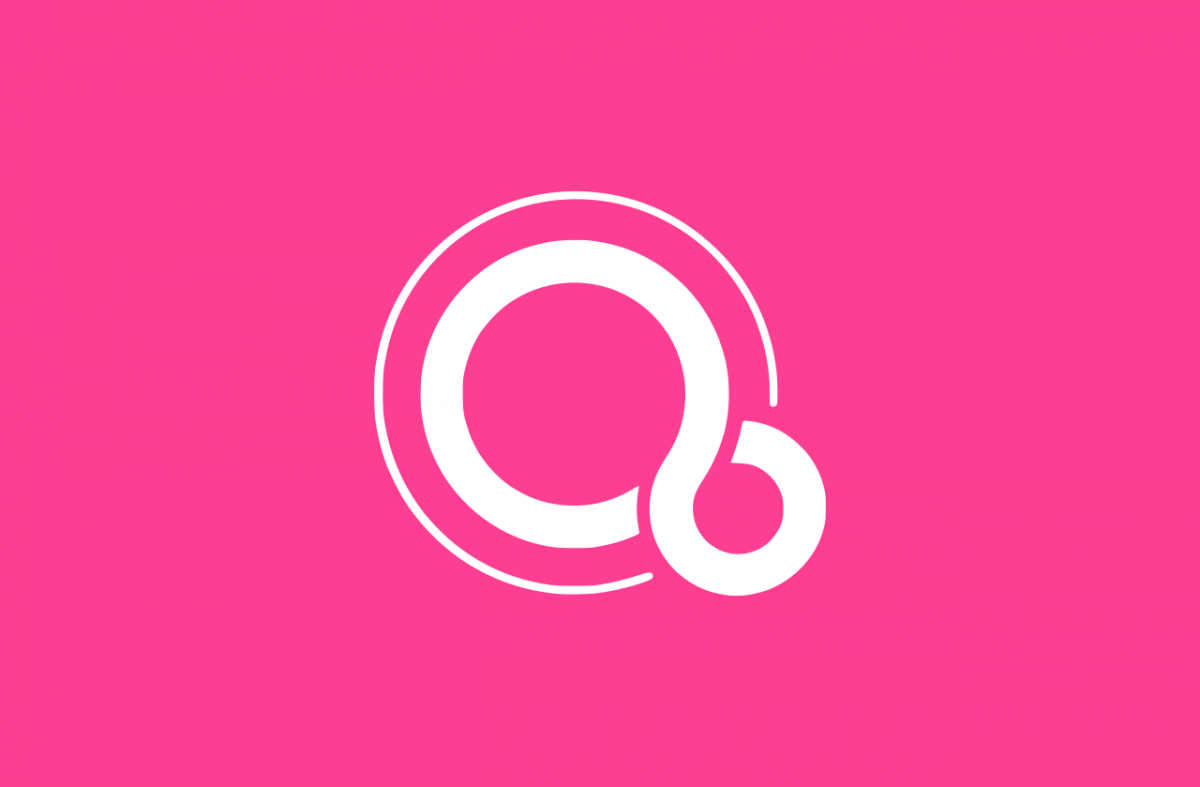Google's Fuchsia project has been shrouded in mystery for nearly 3 years now. It first appeared on GitHub back in August of 2016 with no official announcement or documentation. Theories quickly sprung up, with some saying it could be a replacement for Android or Chrome OS, or both.
Indeed, these theories are supported by the fact that Fuchsia's source code suggests it is meant to be a kind of universal operating system. What this means is that Fuchsia could run on your smartphone, your laptop, or any Internet of Things device you may have at home. Two developers recently managed to get Fuchsia running in the Android Studio Emulator, giving us another look at it, but all it showed was that the OS is still very much in its nascent stages.
But at Google's I/O developer conference this week, senior vice president of Android and Chrome Hiroshi Lockheimer offered a little more information during a live recording of a new podcast from The Verge as to what is happening with Fuchsia.
“We’re looking at what a new take on an operating system could be like. And so I know out there people are getting pretty excited saying, ‘Oh this is the new Android,’ or, ‘This is the new Chrome OS,’” Lockheimer said. “Fuchsia is really not about that. Fuchsia is about just pushing the state of the art in terms of operating systems and things that we learn from Fuchsia we can incorporate into other products.”
While it's somewhat disappointing that Google's plans for Fuchsia aren't a little grander, the project still represents an important indicator of where Google thinks the future lies. Integration and inclusivity have been the keywords for Google for some time now. Announcements at I/O included live captions for videos, among other things, so it's clear that Google is trying to be more inclusive with its software. An OS that transitions seamlessly between devices would certainly help them achieve this vision.
Lockheimer went on to drop more hints with regard to the future of Fuchsia at an Android fireside chat at I/O yesterday. “It’s not just phones and PCs. In the world of [the Internet of Things], there are an increasing number of devices that require operating systems and new runtimes and so on. I think there’s a lot of room for multiple operating systems with different strengths and specializations. Fuchsia is one of those things and so, stay tuned.” While this comment is about as nonspecific as can be, it's still good to see that Google is finally ready to talk about the project.

